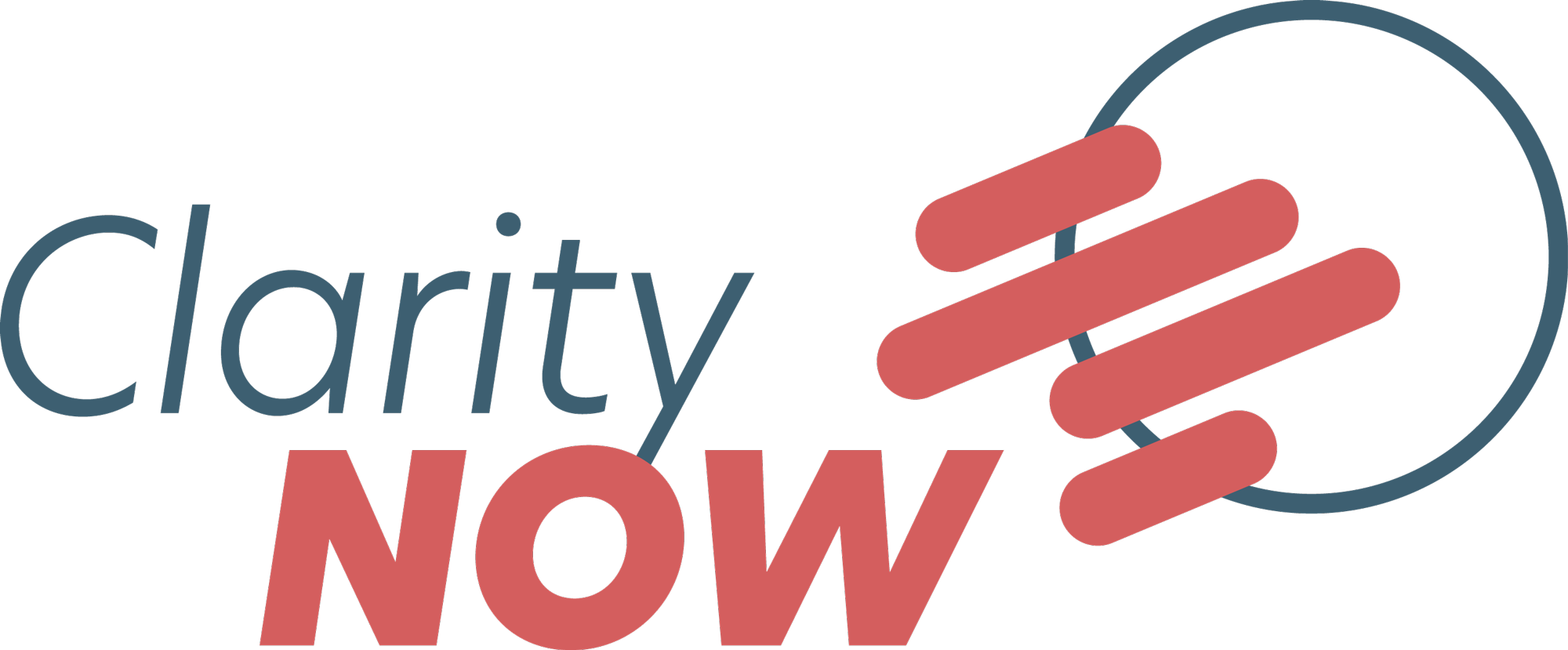.png)
Perceived limitations are a part of life, but they can also hold us back in ways we don't even realize. If we're unaware of them and do not actively work to break free from them, these perceived limitations can impact our ability to succeed in our business and happiness in life.
This post discusses perceived limitations and how they can hold us back in life. You will read about techniques for identifying your perceived limitations and explore ways to change your mindset so that moving past these limits becomes easier.
Perceived limitations and how they can hold us back in life
In business and life, we often limit ourselves by preconceived notions of what is and is not possible. These perceived limitations are often self-imposed and can be overcome with self-awareness and action. It's important to acknowledge and identify these perceived limitations to gain the power to break free from them.
Once you have identified your perceived limitation, confront your negative thoughts head-on by asking yourself: "What is it that I believe about myself?" Then explore the root cause of this belief so that you may reframe its meaning to break through it with new perspectives on who you are as an individual.
Understanding that these limitations are often self-imposed and can be broken through self-awareness and action
What you choose to believe is the most powerful thing in your life. You can choose to believe that your limitations are real, or you can believe that they are self-imposed and can be broken through self-awareness and action.
Two of the most common areas where people experience a lot of perceived limitations are business success and money. Unfortunately, many people think that they just don't have enough money to achieve their goals, so they give up before they even try. If you are one of those people who think this way, then I encourage you to look at all the things in life that cost money—the car you drive, the house or apartment where you live (or rent), the food on your table—and realize how much more expensive these things would be if we didn't have any money at all!
It may sound counterintuitive, but it makes perfect sense when I explain it like this: "I didn't finish my degree because I couldn't afford it." That statement assumes that if someone else had offered me free tuition, I would have gone back after dropping out halfway through college. We must ask ourselves whether finishing school was a priority for us at the time; if not, why did it matter how much tuition cost? In other words, are other factors influencing our decision-making process besides finances?
Identify and acknowledge your perceived limitations
The first step to overcoming perceived limitations is to identify them. Start by writing down the things you struggle with that hold you back from success. For real estate agents, some of the most common limiting beliefs about themselves are:
- I'm too shy to succeed in real estate.
- I don't have the knowledge or experience necessary to be successful.
- My personality is holding me back.
- I think I'm too young/too old to be successful.
- Nobody is buying in this market.
- There's too much competition out there.
The list goes on and on. And yet, we can see that agents from all ages, socioeconomic levels, personality types, and education levels are having tremendous success in real estate sales. These are people who have either not had limiting beliefs or worked to overcome them to succeed.
Once you have identified what beliefs you may have, and are holding you back, ask your friends and family what they think are your perceived limitations. If you have close business relationships that may also be observing your behavior, talk with them as well. Listen to their feedback without taking it personally or getting defensive.
Finally, sit down with a pen and paper (or open up your favorite word processor) and write down everything that comes to mind when thinking about what might be holding you back from success.
The clearer we are on our perceived limitations, the easier it becomes for us to overcome them. It's like exercise: if we don't do any physical activity for an extended period of time, our bodies eventually become weak and less able to perform certain tasks well (like running sprints). The same thing happens with our minds when we're not using them enough—the longer we go without using our mental muscles by acknowledging and identifying our limiting beliefs, the harder they will be for us to break through later down the road!
Confront your negative thoughts
Confront your negative thoughts. We all have them, and they can be powerful. These thoughts seem to result from our experiences, upbringing, and environment. In order for you to overcome this hurdle, it is important that you recognize these negative thoughts as a part of who you are as well as what impact they have on your life and success. The next step is to reframe these thoughts by focusing on what you want in life rather than what may hold you back from achieving it.
Re-focus on what motivates you. We all have something that drives us and makes us feel good about ourselves when we accomplish it—whether it's looking after our family or achieving success in business, or even just being there for someone else at times of need (family members)
Think positively about yourself and others around me so that I can achieve my goals because everyone deserves happiness, no matter how small or big
Explore the root cause of your perceived limitations
You can break down your perceived limitations in two ways: by understanding the root cause of your limitations and then by understanding the origins of those roots.
Whether you're dealing with limiting beliefs—the belief that you're not good enough or that something is impossible—or a specific limitation, it's important to understand that if you don't tackle the root cause of your perceived limitations, they will continue to limit you. Just like a weed could grow under your patio if left alone, so too can limiting beliefs and perceived limitations flourish unchecked when left unexamined.
Take action to break away from your perceived limitations.
To break away from your perceived limitations, you must first have a plan for overcoming them. A good place to start is by learning from mistakes and being patient with yourself. One way of doing this is by taking action towards your goals rather than waiting until everything feels right or perfect before taking any steps in the process (or even deciding whether or not there is anything worth pursuing).
Reframe your mindset and beliefs
Reframe your mindset and beliefs.
Learn to reframe your thoughts about what you can and cannot do, about what is possible for you. Reframing means changing how you think about something so that it becomes a positive thing rather than a negative one.
Use positive affirmations to remind yourself of your strengths, talents, gifts, and qualities that make you special. This will help build self-esteem and confidence, which are essential building blocks for success in life!
Visualize the outcome of achieving each goal in order to create new neural pathways in our brains that lead us toward our goals rather than away from them! Visualization is an important skill because it helps us achieve more by using less effort (less physical energy). In addition, by visualizing ourselves reaching our goals, we program ourselves into believing they are possible instead of impossible!
Conclusion
Breaking away from your perceived limitations can be challenging, but it is possible. By understanding how we perceive our limitations, we can begin to break them down with actionable steps such as journaling and seeking feedback from others. This will allow us to confront our negative thoughts and reframe our mindset to move past these perceived limitations and achieve success in our business and in life.



